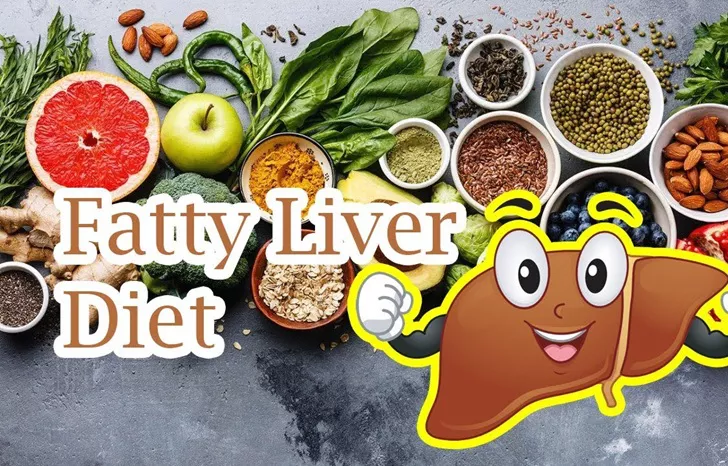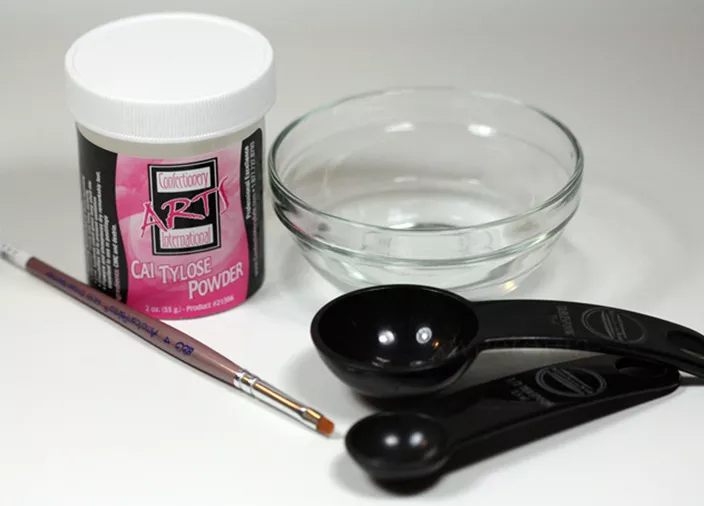Fatty liver disease, medically known as hepatic steatosis, is a common liver condition characterized by the accumulation of fat in liver cells. It’s a growing health concern, often linked to obesity, diabetes, and unhealthy lifestyle choices. Fortunately, one of the most effective ways to manage and even reverse fatty liver is through a carefully structured diet. In this comprehensive guide, we will explore the various aspects of a diet plan tailored to address fatty liver disease. Whether you’re living with the condition or looking to prevent it, understanding the role of nutrition in managing fatty liver is essential.
Understanding Fatty Liver
Before delving into the specifics of a dietary plan, it’s important to grasp the underlying mechanisms of fatty liver. There are two primary types of fatty liver disease: alcoholic fatty liver disease (AFLD) and non-alcoholic fatty liver disease (NAFLD). The latter, NAFLD, is the most common and is often associated with lifestyle factors such as poor diet, obesity, and lack of physical activity.
In NAFLD, excessive fat accumulates in liver cells, leading to inflammation, scarring, and potential liver damage. This condition can progress from simple fatty liver to non-alcoholic steatohepatitis (NASH), cirrhosis, and even liver cancer. Fortunately, a well-structured diet can be a potent tool in managing and, in some cases, reversing the condition.
The Role of Diet in Fatty Liver Management
A proper diet plan for fatty liver focuses on achieving several key objectives:
Weight Management: Obesity is a significant risk factor for fatty liver. A diet aimed at weight reduction can help reduce the accumulation of fat in the liver.
Improved Insulin Sensitivity: Addressing insulin resistance is crucial, as it’s often associated with fatty liver. A well-structured diet can help regulate blood sugar levels and improve insulin sensitivity.
Reducing Inflammation: Chronic inflammation is common in fatty liver. A diet rich in anti-inflammatory foods can help mitigate this issue.
Balancing Nutrient Intake: Achieving a balanced intake of macronutrients (carbohydrates, proteins, and fats) and micronutrients (vitamins and minerals) is essential for liver health.
Promoting Liver Regeneration: Certain foods and nutrients can support liver regeneration and repair.
Now, let’s explore the specific components of a diet structure designed to address fatty liver disease.
Fiber-Rich Foods
Fiber is a cornerstone of a healthy diet for individuals with fatty liver. Soluble fiber, in particular, plays a significant role in reducing the absorption of cholesterol and fat in the intestines. Foods rich in soluble fiber include oats, legumes, fruits, and vegetables. These foods can help lower overall fat levels in the body, which can benefit those with fatty liver.
Whole Grains
Whole grains are essential for providing complex carbohydrates that are slowly digested and don’t cause rapid spikes in blood sugar levels. These include foods like brown rice, whole wheat bread, quinoa, and whole grain pasta. Whole grains are packed with vitamins, minerals, and fiber, making them an ideal choice for those with fatty liver.
Lean Proteins
Protein is an essential component of any diet, but for those with fatty liver, it’s important to choose lean protein sources. Opt for foods like skinless poultry, fish, tofu, and legumes. These sources are lower in saturated fats, which can help manage liver fat levels.
Healthy Fats
Not all fats are created equal, and it’s crucial to focus on healthy fats when dealing with fatty liver. Unsaturated fats, such as those found in avocados, nuts, and olive oil, can actually improve liver health by reducing inflammation and enhancing insulin sensitivity. These fats can be a valuable addition to your diet.
Low-Glycemic Carbohydrates
Managing blood sugar levels is crucial for individuals with fatty liver, and consuming low-glycemic carbohydrates can help achieve this. Foods like sweet potatoes, quinoa, and legumes have a lower impact on blood sugar, making them ideal choices for a fatty liver diet.
Avoid Sugary Beverages
Beverages high in added sugars, such as sodas and fruit juices, are linked to increased liver fat. Cutting down on sugary drinks is a critical step in managing fatty liver.
Limit Processed Foods
Processed foods are often laden with trans fats, excessive salt, and sugar. These components can contribute to liver inflammation and fat accumulation. Reducing the consumption of processed foods is essential for a fatty liver diet.
Portion Control
Controlling portion sizes can help with weight management, which is a primary concern for those with fatty liver. Smaller, more frequent meals can assist in stabilizing blood sugar levels and reducing the overall calorie intake.
Adequate Hydration
Staying hydrated is vital for overall health, and it’s no different for individuals with fatty liver. Water helps flush toxins from the body and supports liver function. It’s essential to make water your primary beverage of choice.
Nutrient Supplements
In some cases, individuals with fatty liver may benefit from specific nutrient supplements. For example, vitamin E has shown promise in reducing liver fat in certain studies. However, it’s crucial to consult a healthcare professional before taking any supplements, as they can interact with medications or other health conditions.
Coffee Consumption
Recent research suggests that moderate coffee consumption may have a protective effect on the liver. Coffee contains compounds that appear to reduce the risk of liver disease, making it a potentially beneficial addition to a fatty liver diet.
Herbal Remedies
Certain herbs, such as milk thistle, have been studied for their potential to support liver health. However, herbal remedies should be used with caution and under the guidance of a healthcare provider, as they can interact with medications and have varying effects on individuals.
Alcohol Abstinence
For those with alcoholic fatty liver disease (AFLD), complete abstinence from alcohol is necessary to halt disease progression. Even small amounts of alcohol can exacerbate liver damage in AFLD.
Consult a Healthcare Provider
It’s important to note that there is no one-size-fits-all approach to managing fatty liver through diet. Each individual’s needs and responses may vary, so it’s crucial to work with a healthcare provider or registered dietitian who can tailor a dietary plan to your specific situation.
Conclusion
Fatty liver disease is a common and potentially serious condition, but it is manageable and, in some cases, reversible with the right dietary approach. By following a structured diet that focuses on weight management, insulin sensitivity, reducing inflammation, and promoting liver health, you can take control of your liver health.
























